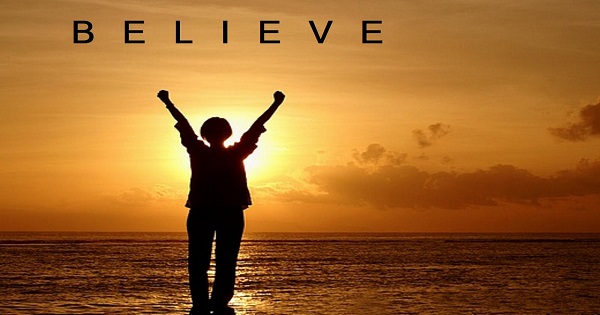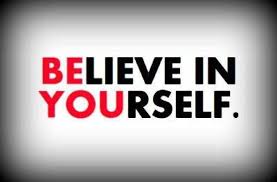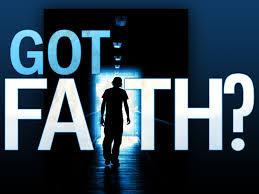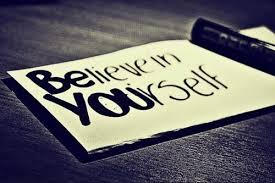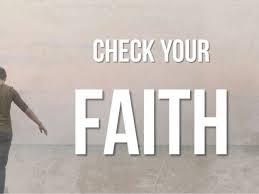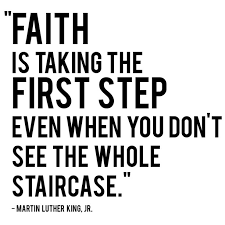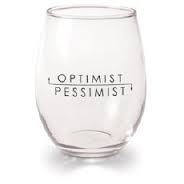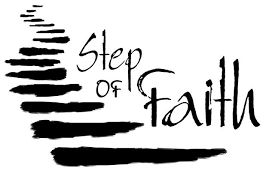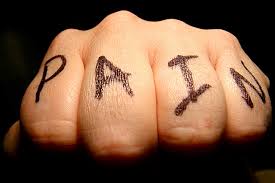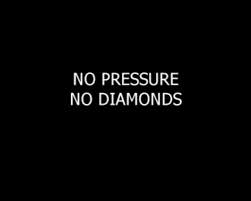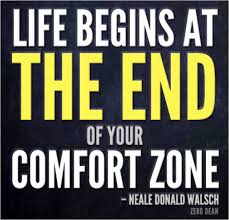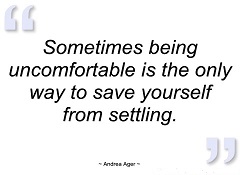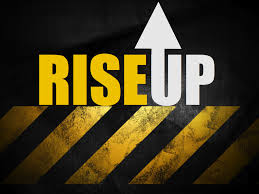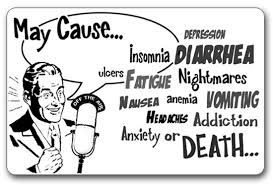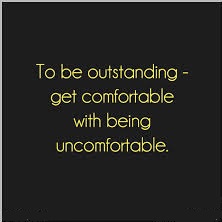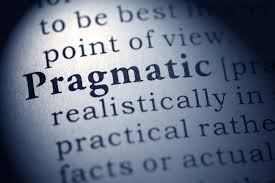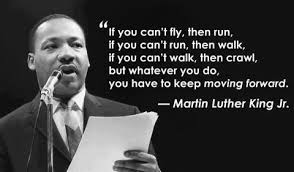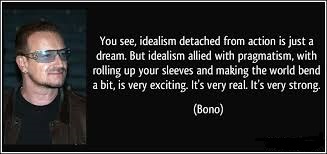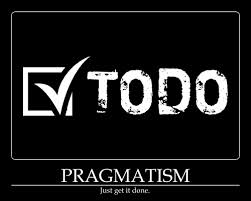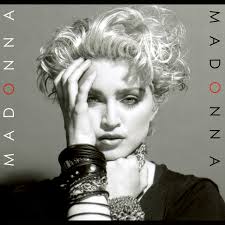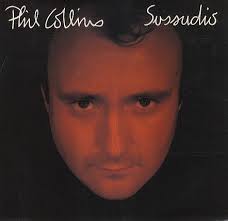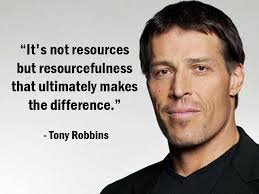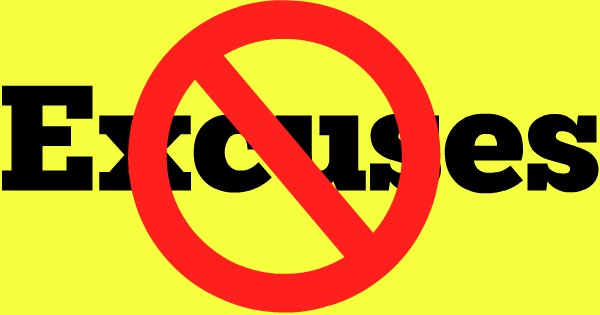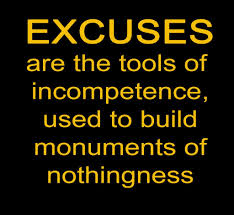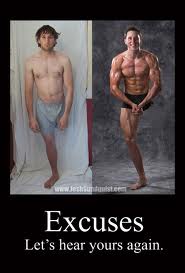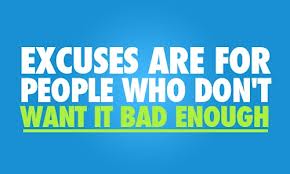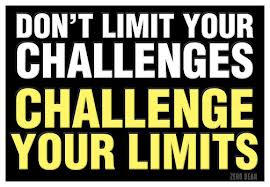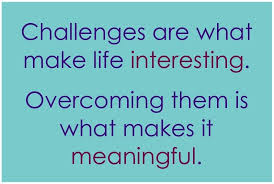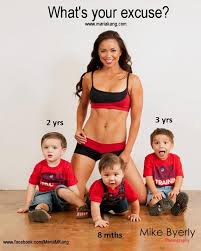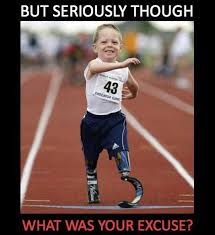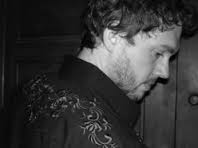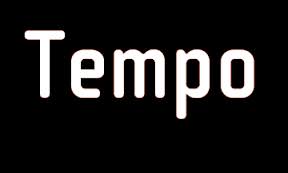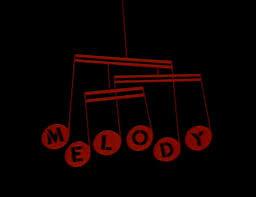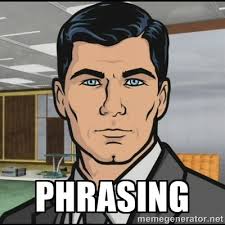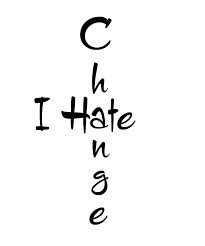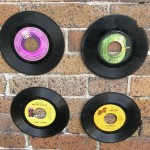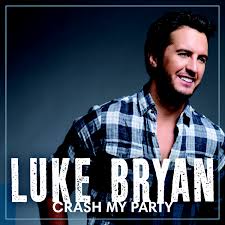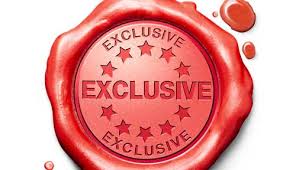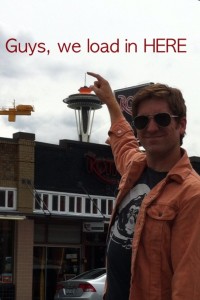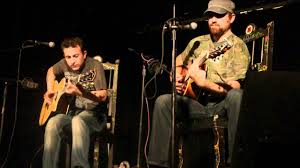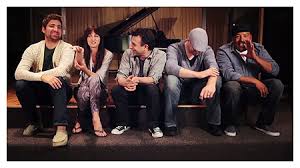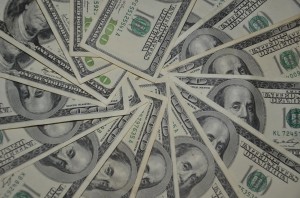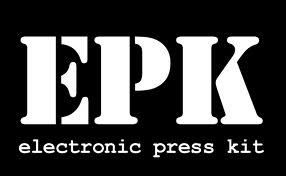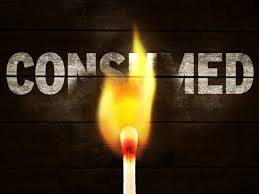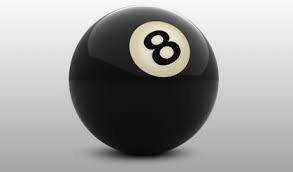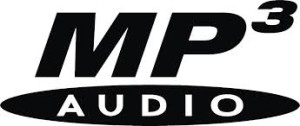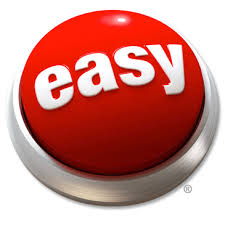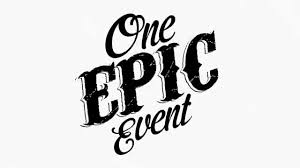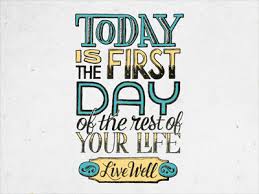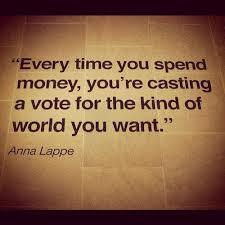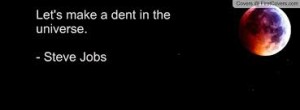Faith.
How’s your faith these days?
Do you believe in your music even in the absence of proof of success?
Faith comes in all different shapes and sizes.
In your God.
In your significant other.
That your car is going to make it
Faith in your bandmates
In your cowriters.
In the future.
In your children.
In your business.
In your vendors.
In your employees
In your family.
In humanity.
In your music.
In your ability to communicate.
Faith in yourself.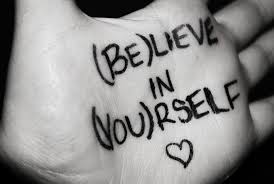
Boom.
Yeah, ultimately to believe in all these other things, you MUST believe in yourself.
That’s really the bitch of the bunch right there.
Devotion to oneself is the connective tissue between the impossible and the possible.
It’s the building blocks required to construct the bridge between your dreams and your reality: faith is the raw materials of your life edifice.
If you don’t like your reality you need to check your faith.
These building blocks require hard work to assemble them into something you find to be beautiful, satisfying, and fulfilling even if it looks different than the way you initially imagined it.
Not satisfied?
How’s your faith these days?
Martin Luther King Jr. spoke about it saying faith is taking the first step even when you don’t see the whole staircase.
We can never see the whole staircase, better get used to that .
 Faith means the either the glass is half full, or if it’s half empty which is ok because you’re the one pouring the water.

It kept the Wright brothers working to achieve the impossible.
It kept Def Leppard moving forward in the face of multiple terrible personal and business tragedies.
The founding fathers of the United States had to of had it to risk their lives, speak their mind, take action, and make a new world.
Faith was what held us together as families, as a country, and for some as a human being, after WWI, WWII, The Korean War, The Vietnam War, The Gulf War, The War in Afghanistan, The Iraq War, and every other unspeakable conflict in our nation’s history.
One of the reasons we struggle to believe in ourselves is our education system in this country. It’s archaic dating back to the monarchy and designed to keep people on the proverbial hamster wheel.
That’s good for government and people control.
That’s bad for art.
Art requires faith in yourself.
You know this, though, don’t you?
To a degree, when your loved ones offer resistance of any kind about your career they are behaving out of a deeply rooted fear that has been planted in our society for hundreds of years.
Some are jealous because you are an uninhibited spirit and choose to live “outside the box†of societal standards.
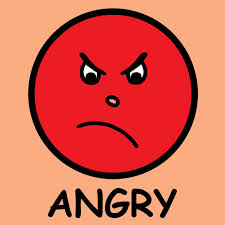 Some are angry because you remind them that they lost faith in themselves a while ago. They secretly dream to live where you live.
Some are angry because you remind them that they lost faith in themselves a while ago. They secretly dream to live where you live.
You aren’t trying, but you make them feel inferior.
Everybody secretly dreams to live their own life.
Few do because it’s hard and requires and insane amount of conviction.
It’s easier to get on the hamster wheel.
Some friends and family are genuinely scared for you because they don’t want to see you suffer living against the norms of society. They come by this feeling honestly as that is what they were taught. So were their parents, grandparents, great grandparents, etc.; they’re drinking the Kool-Aid.
Our society teaches us to believe what they put forth rather than think for ourselves.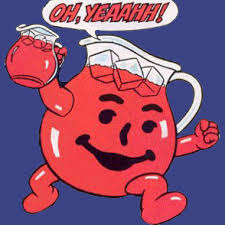
It requires assurance in yourself to remember that and take heed.
It is not seeing exactly how your life will turn out rather it’s more about a deep understanding that in the face of danger, defeat, doubt, and utter failure you will find a way to survive, improvise, adapt, overcome, and even thrive.
It is a reliance in your own personal growth as a human, a soul, a friend, a lover, a parent, an artist.
It is the very thread of hope that gets you through the tough days and makes the good days taste sweeter.
With conviction in the uncertain times you get validation when the answers become clear in 20/20 hindsight.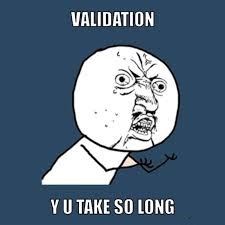
Validation manifests itself in the form of failure sometimes, think Thomas Edison finding 2,000 ways not to make a lightbulb.
Validation manifests itself in the form of pain sometimes like when you’re intuition was right all along and you finally have proof. Ugh. That one sucks.
Faith means believing, TRULY believing before validation.
Belief in yourself is paramount to any success and happiness of any kind.
Faith becomes validation.
You can’t succeed without believing in yourself.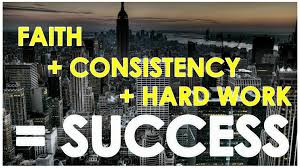
This convinction grows stronger through hard work.
Hard work begets validation.
Faith + Hard Work = Validation.
How’s your faith these days?
Stay
In
Tune
If you like this post, please SHARE it and/or LEAVE A COMMENT thank you!
[ois skin=”Bottom Post”]

